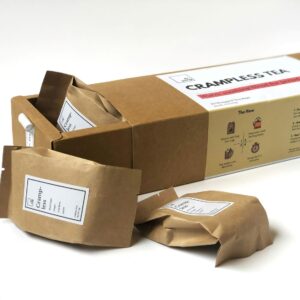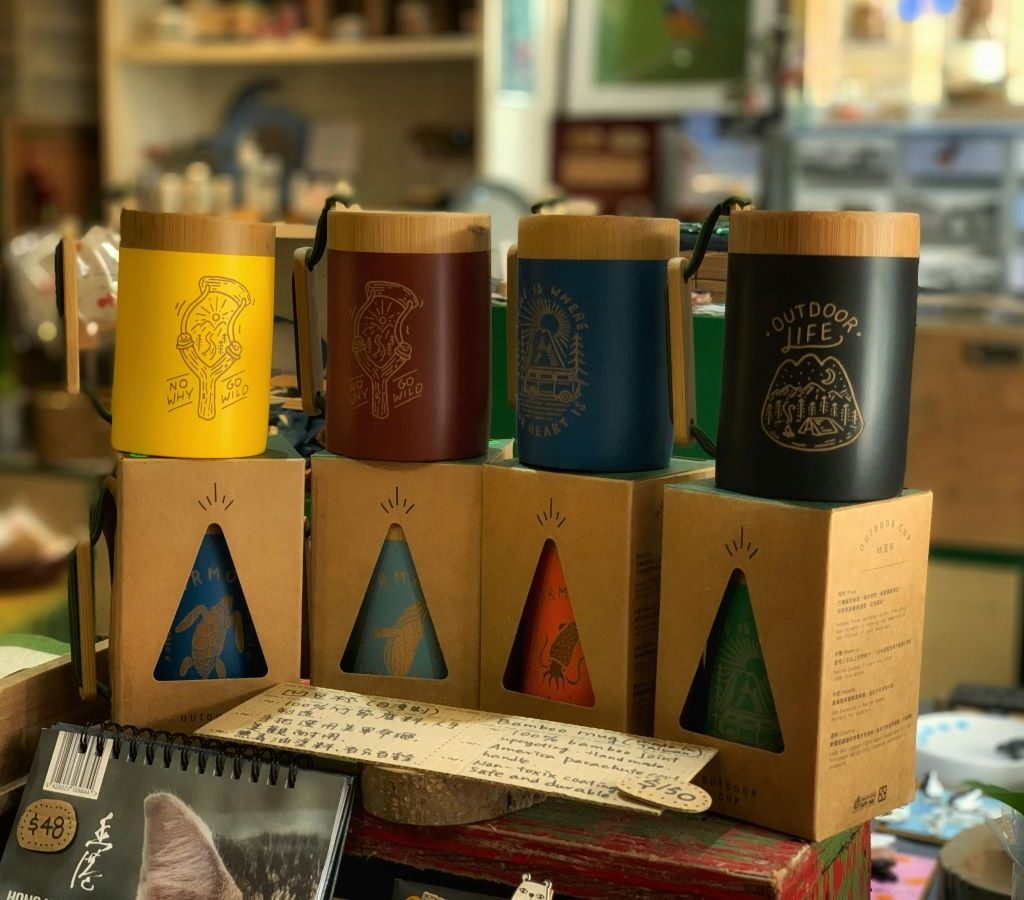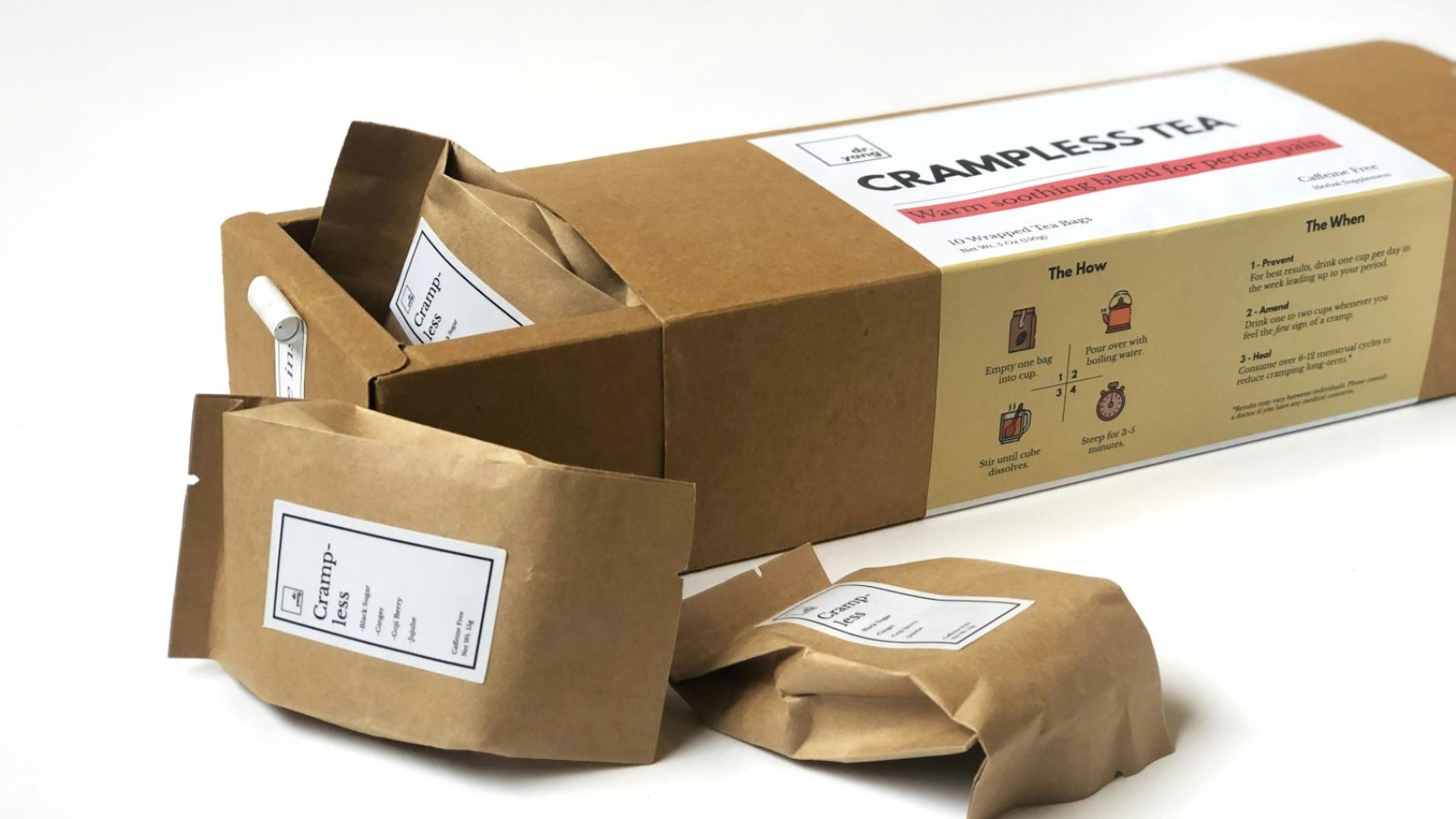 The tea industry is undergoing a visible transformation. As sustainability becomes essential, packaging plays a key role. Paper boxes are rapidly replacing metal tins in premium and mass-market tea products alike.
The tea industry is undergoing a visible transformation. As sustainability becomes essential, packaging plays a key role. Paper boxes are rapidly replacing metal tins in premium and mass-market tea products alike.
IJEN, in custom paper packaging solutions, closely follows these shifts. This article explores why paper-based tea boxes now define responsible branding and consumer expectations.
Tea and Sustainability: A Natural Alignment
Tea is a natural product. Its packaging should reflect the same values. More than ever, customers demand eco-conscious solutions. Plastic and metal formats, while durable, often fall short in sustainability.
Paper boxes, made from renewable materials, offer a biodegradable and recyclable alternative. This aligns with the lifestyle choices of conscious tea drinkers.
Environmental Impact of Traditional Tin Packaging
Metal tins, though reusable, have a significant carbon footprint. Their production requires mining, refining, and energy-intensive shaping. This process contributes heavily to environmental degradation.
Additionally, metal tins often require foam or plastic inserts. These inner supports complicate recycling, further reducing environmental performance. Even when reused, many tins still end up in landfills.
Rise of Paper Tea Boxes: A Greener Option
Paper tea boxes solve multiple environmental problems. First, they reduce packaging weight. Lighter packaging cuts down emissions in shipping and logistics. Second, most paperboards are recyclable or compostable.
Innovations in coated, food-safe paper now allow tea packaging to maintain freshness. These coatings replace aluminum layers or inner plastic bags.
Market Trends Fueling the Shift
Several global packaging trends support the shift to paper tea boxes.
1. Brand Transparency and Green Marketing
Brands use packaging to communicate values. A minimalist paper box sends a clear message: we care about the planet. Printing certifications like “FSC” or “Recyclable” also builds trust.
Moreover, paper surfaces allow for high-quality branding. Water-based inks and embossing enhance visual appeal without harming recyclability.
2. Custom Design Possibilities
Paper tea boxes offer greater flexibility in design. Unlike rigid tins, paperboard allows unique shapes, textures, and printing finishes. Brands can choose drawer-style boxes, folding cartons, or magnetic closures.
IJEN specializes in this customization. Clients enjoy structural flexibility while minimizing environmental impact. Packaging becomes an extension of the brand story.
3. Demand for Lightweight, Shippable Packaging
The e-commerce boom requires lighter, durable packaging. Paper tea boxes stack easily, reduce dimensional weight, and protect well during transport. They lower fulfillment costs while improving shelf impact.
For subscription tea services, paper packaging meets both budget and sustainability goals.
Functional Benefits of Paper Tea Boxes
Beyond environmental perks, paper boxes offer key functional advantages.
Better Storage Efficiency
Square or rectangular paper boxes optimize shelf and warehouse space. This supports both retail stocking and logistics operations.
Freshness Preservation
Modern paperboard solutions include grease-resistant or moisture-barrier coatings. These layers maintain aroma and quality without compromising recyclability.
Consumer Convenience
Tear-open tabs, magnetic flaps, and resealable inner bags improve usability. Customers enjoy both elegance and function, often lacking in tin or plastic options.
Regional Movements Driving Change
Europe
The EU’s anti-plastic directives encourage fiber-based solutions. Premium tea brands in Germany, France, and the UK lead the switch to paper boxes.
North America
US consumers show growing interest in recyclable packaging. Major tea chains and organic brands now choose minimalist, kraft paper designs.
Asia-Pacific
Japanese and Korean tea houses adopt paper boxes for export lines. The trend spreads quickly as younger buyers prioritize sustainable packaging aesthetics.

IJEN’s Role in Custom Paper Tea Box Solutions
IJEN offers fully customizable paper tea packaging. From structure to printing, our team ensures packaging aligns with brand values and regulatory needs.
We use FSC-certified paperboard, soy-based inks, and recyclable coatings. Our boxes maintain visual quality without sacrificing sustainability.
Each design balances brand storytelling with shipping durability. We advise clients from concept to final layout, providing competitive MOQ and lead times.
Innovations Reshaping the Industry
Packaging is no longer static. Here are new trends in tea box development:
-
Seed-infused paperboard for planting after use
-
QR code printing for traceability and education
-
Magnetic closures using paper-based mechanisms
-
Plastic-free inner linings with water-dispersion coatings
These solutions align with circular economy models while preserving luxury branding.
Challenges of Transitioning from Tins to Paper
Adopting paper tea boxes is not without hurdles. Moisture control, shelf durability, and perceived luxury can be concerns.
However, advanced coatings and rigid board constructions now address these issues. Brands must also educate consumers on the benefits of compostable and recyclable packaging.
IJEN works closely with clients to meet both technical and marketing demands in the transition process.
Economic and Logistic Advantages
Tins cost more in material and shipping. Paperboard reduces costs across sourcing, printing, and transport. With high-quality finishes, even luxury brands now adopt rigid boxes with foil stamping and embossing.
Warehousing paper boxes is also more space-efficient. This improves fulfillment agility, especially during peak retail seasons.
The Future of Tea Packaging: Sustainable and Beautiful
Looking ahead, paper packaging will dominate sustainable product categories. Tea, with its health and wellness positioning, must lead this change.
As recycling infrastructure improves globally, paper formats will become the gold standard in FMCG packaging. Brands that shift early will win long-term loyalty.
Packaging is no longer just a container—it’s a message. The paper sends the right one.
Conclusion: A Sustainable Choice for a Sustainable Product
The tea industry is rooted in tradition. But to thrive, it must evolve with the environment in mind.
Paper tea boxes replace tins not just due to cost or convenience—but because they align with the values of modern tea consumers. They offer beauty, functionality, and a reduced environmental footprint.
At IJEN, we empower tea brands to lead this transition. Through elegant design, responsible sourcing, and full customization, we make sustainable packaging desirable and practical.
Contact IJEN today to explore how your tea packaging can make a lasting impact—on both your customers and the planet.


